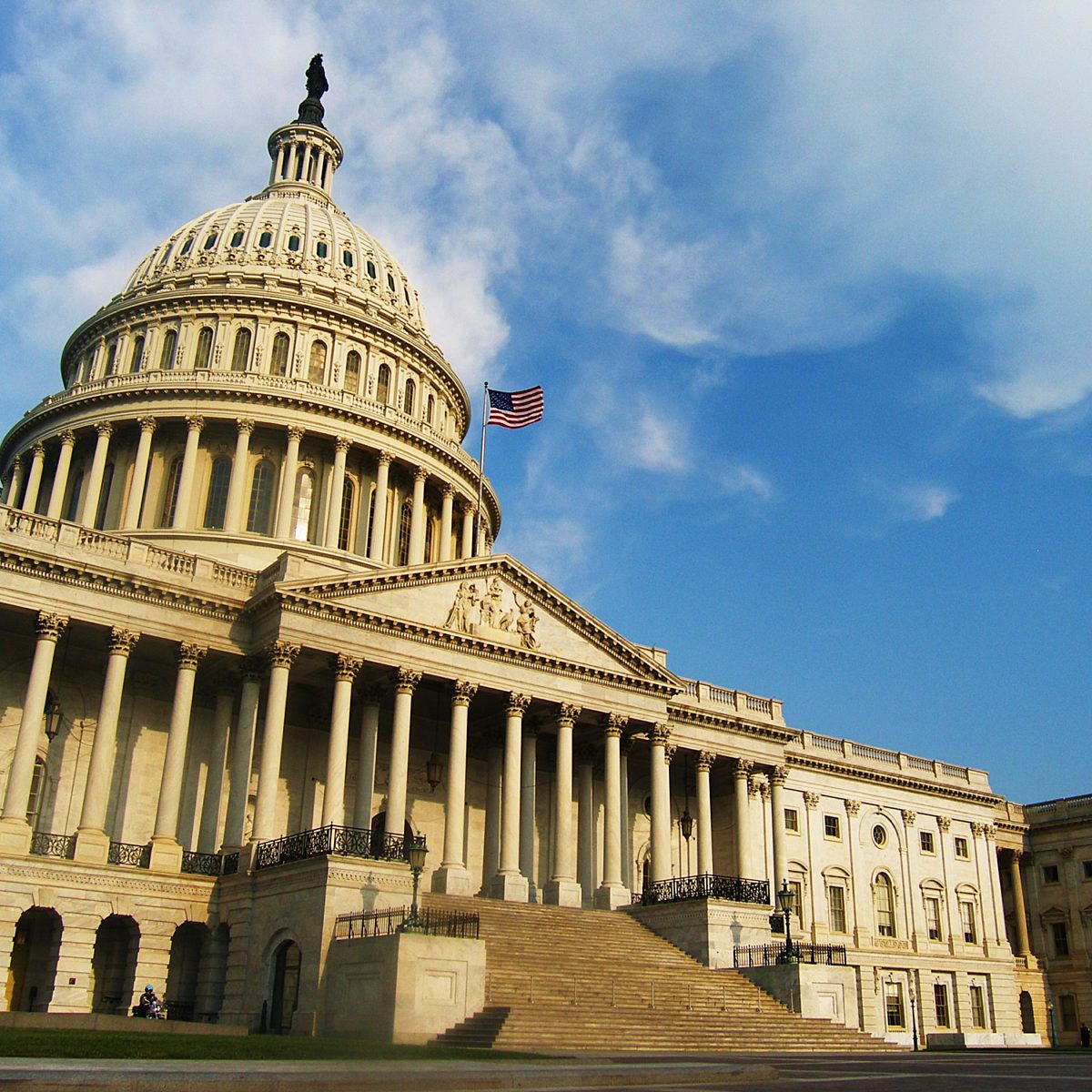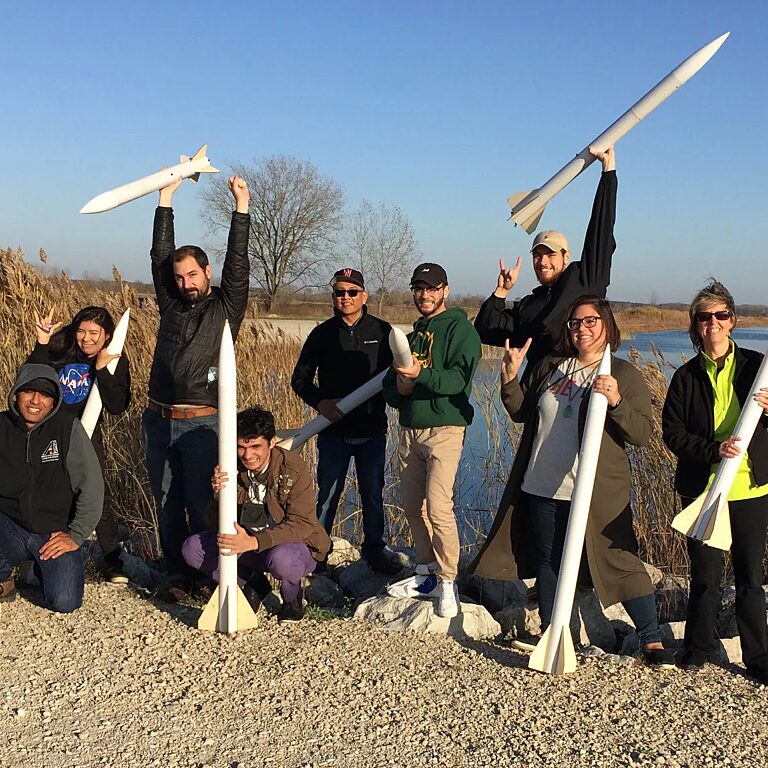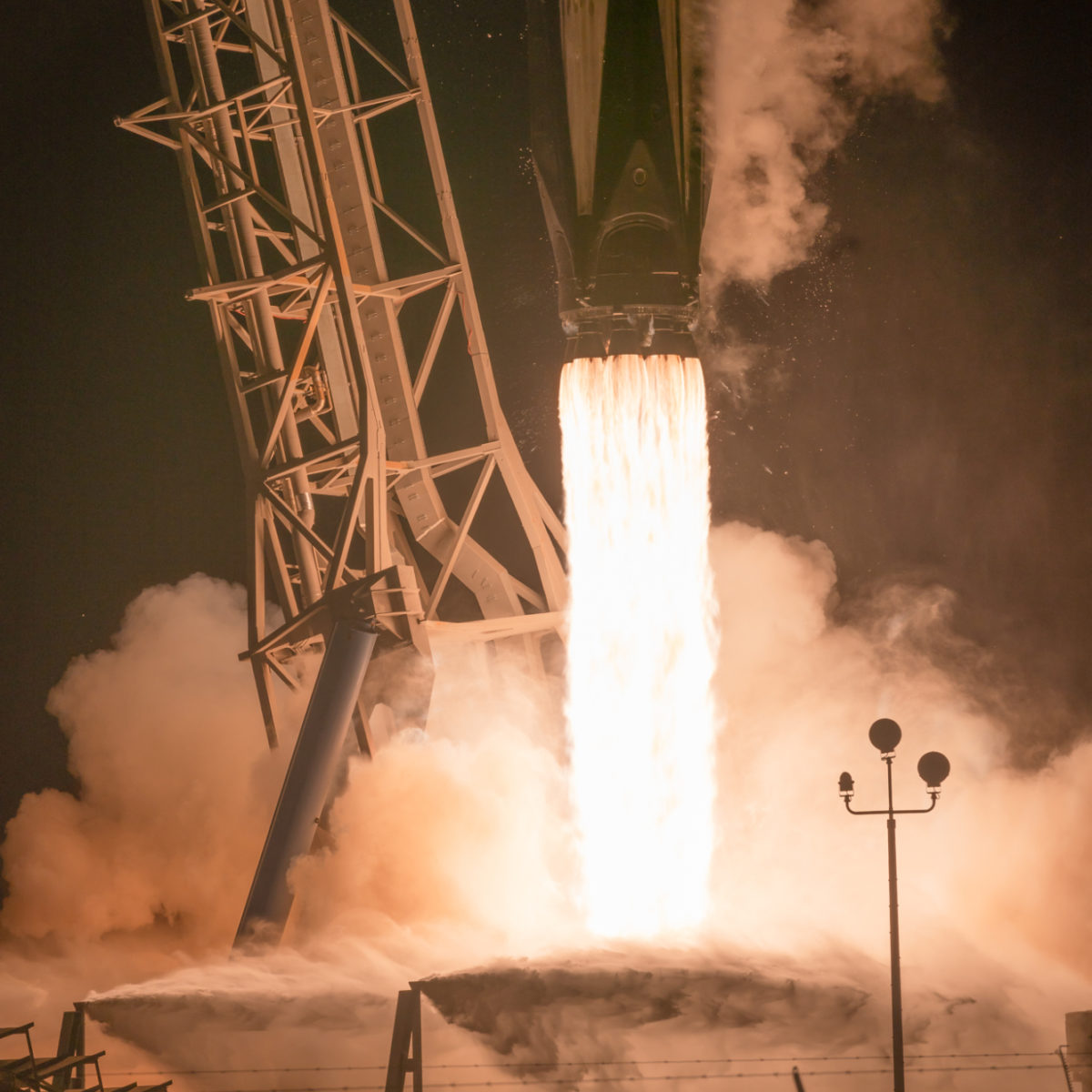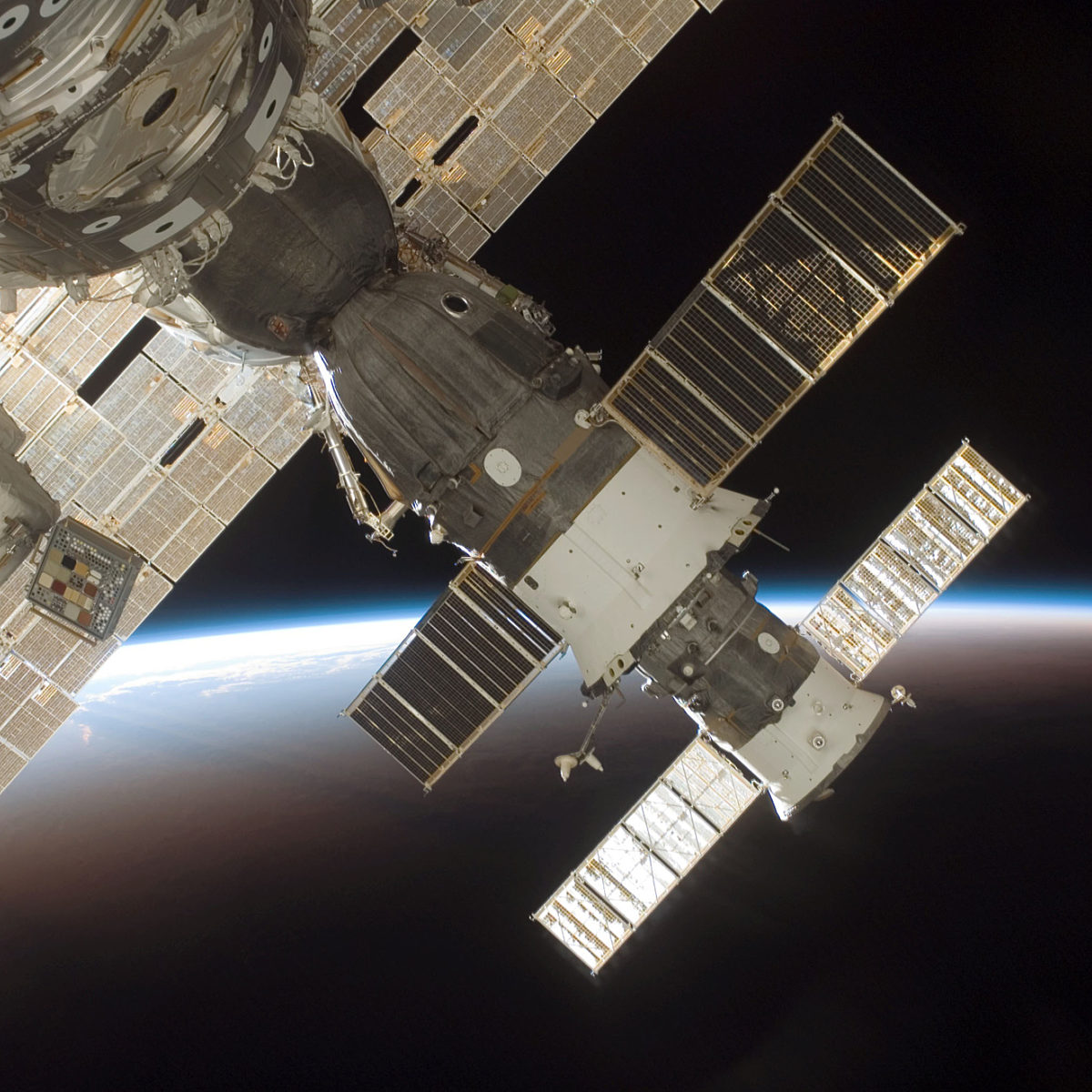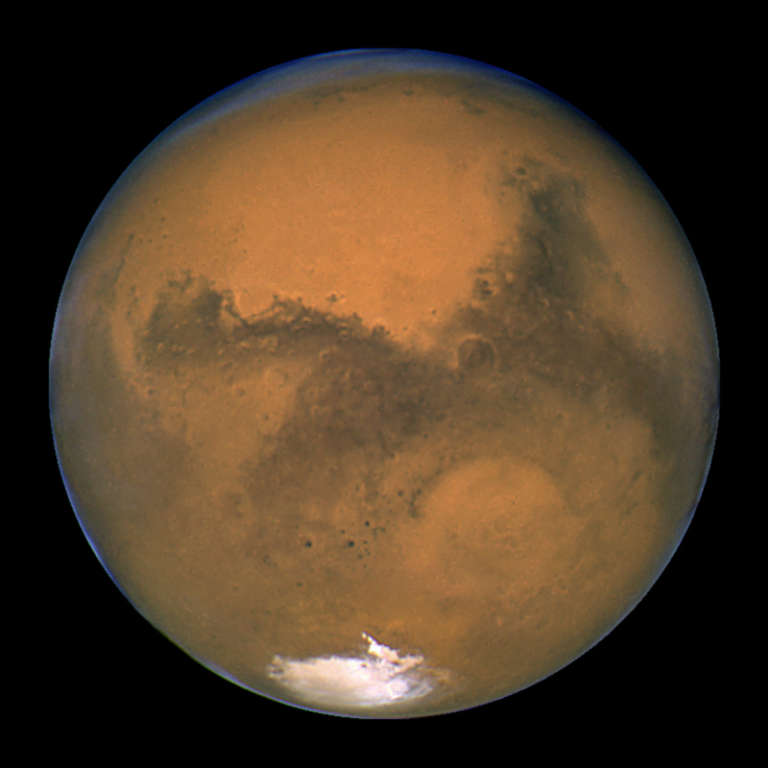Since 2002, Planetary Radio has visited with a scientist, engineer, project manager, advocate, or writer who provides a unique perspective on the quest for knowledge about our Solar System and beyond. The full show archive is available for free.
Search Planetary Radio
Casey Dreier, the chief of space policy at The Planetary Society, analyzes what the incoming Trump administration could mean for NASA’s funding, human spaceflight, and its Science Mission Directorate.
Norm Augustine, the distinguished aerospace industry veteran behind numerous influential studies, joins the show to discuss NASA at a Crossroads, the new report that raises alarm bells for NASA’s workforce, infrastructure, and technology capabilities.
Every major NASA center built after the agency’s inception is located in the American South. Why? Dr. Brian Odom, NASA’s chief historian, joins the show to discuss the cultural, political, and historical implications of NASA’s expansion into the South.
Steven Smith, an Education Specialist from NASA's Science, Technology, Engineering, and Mathematics (or STEM) Program, joins Planetary Radio to share some of the unique opportunities available for students in the lead-up to humanity's return to the Moon.
Lori Garver went up against powerful forces inside and outside NASA to create the hugely successful commercial cargo and crew programs.
The White House’s proposed 2022 NASA budget is almost entirely great news, as is the announcement that two complementary orbiters will explore Venus.
NASA chose SpaceX’s Starship as the sole winner of its human lunar lander development contract in a move that may also take us closer to Mars.
It looks like former senator Bill Nelson will be NASA’s next administrator. Casey Dreier and Mat Kaplan talk about his nomination and other developments in Washington D.C., including The Planetary Society’s very successful Day of Action.
NASA’s fiscal year 2021 budget request contains lots of good news along with a few disappointments. How will Congress weigh in?
Can NASA return astronauts to the Moon by 2024? Vice President Mike Pence shocked the space community by announcing this ambitious new goal just weeks after the Trump Administration proposed a half-billion dollar cut to the space agency.
China's space program notched an impressive "first" last month when its Chang'e 4 spacecraft landed on the far side of the Moon. The U.S. space program, in contrast, was in the midst of an extended shutdown. Some observers expect China's growing space capability and lunar ambitions to trigger a new space race. Not Dr. Roger Handberg, Professor of Political Science at the University of Central Florida. He discusses how the current geopolitical situation differs from the Cold War standoff between two superpowers, and how we shouldn't expect dollars to flow back to the U.S. space program as a consequence of China's space successes. Cooperation, or even friendly competition, is a much more likely outcome than a new space race.
In a government shutdown seemingly without end, we bring you two stories from individuals directly impacted by the crisis. NASA scientist and union representative Lee Stone discusses the missed paychecks, loss of science, and lasting negative consequences to the public sector scientific workforce.
The counting continues as we publish this month’s special episode, with a handful of seats in the US Senate and House still up for grabs. But with the Democratic takeover of the House assured, and several longtime space advocates turned out, change is certainly coming.
We talk with planetary scientist and Lunar and Planetary Institute Director Louise Prockter, who co-led creation of a new report evaluating the performance of NASA's planetary science division.
The Senate just held a hearing on NASA's efforts to send humans to...Mars? A week later, the same committee advanced legislation to extend the life of the International Space Station to 2030, six years beyond the current end-date and two years beyond the current hardware safety ratings.
Freeman Dyson wasn’t the only space star at the ISDC. Mat talks with former astronaut and NOAA Administrator Kathryn Sullivan, leaders of the Cassini mission, innovative students and an expert on dental care in space.
Lori Garver, former Deputy Administrator of NASA, talks with Casey about what the Deputy and Administrator jobs are like day-to-day, how decisions actually get made at the top, and why the current lack of confirmed leadership hurts the space agency.
JPL astrophysicists Alina Kiessling and Jason Rhodes were brought together by their fascination over the mystery of dark energy. They talk with Planetary Radio about their research and the many missions they are contributing to, including WFIRST, a unique new space telescope.
New U.S. sanctions against Russia have reignited speculation that global politics could undermine cooperation in the International Space Station. Could Russia cut off rides for US astronauts to the ISS? Later, Casey Dreier joins Spark Science host Dr. Regina Barber Degraaff for a conversation with U.S. Congressman Rick Larsen, Democratic representative of Washington state’s 2nd District. We also check in on NASA's 2018 budget, which is currently moving through the Senate. Did they provide funding for a new Mars orbiter?
The Trump Administration released its proposed FY2018 budget just days ago. Casey Dreier, Jason Callahan and Mat Kaplan dive deep into what this controversial plan means for NASA and how it has been received by Congress.


 Explore Worlds
Explore Worlds Find Life
Find Life Defend Earth
Defend Earth


